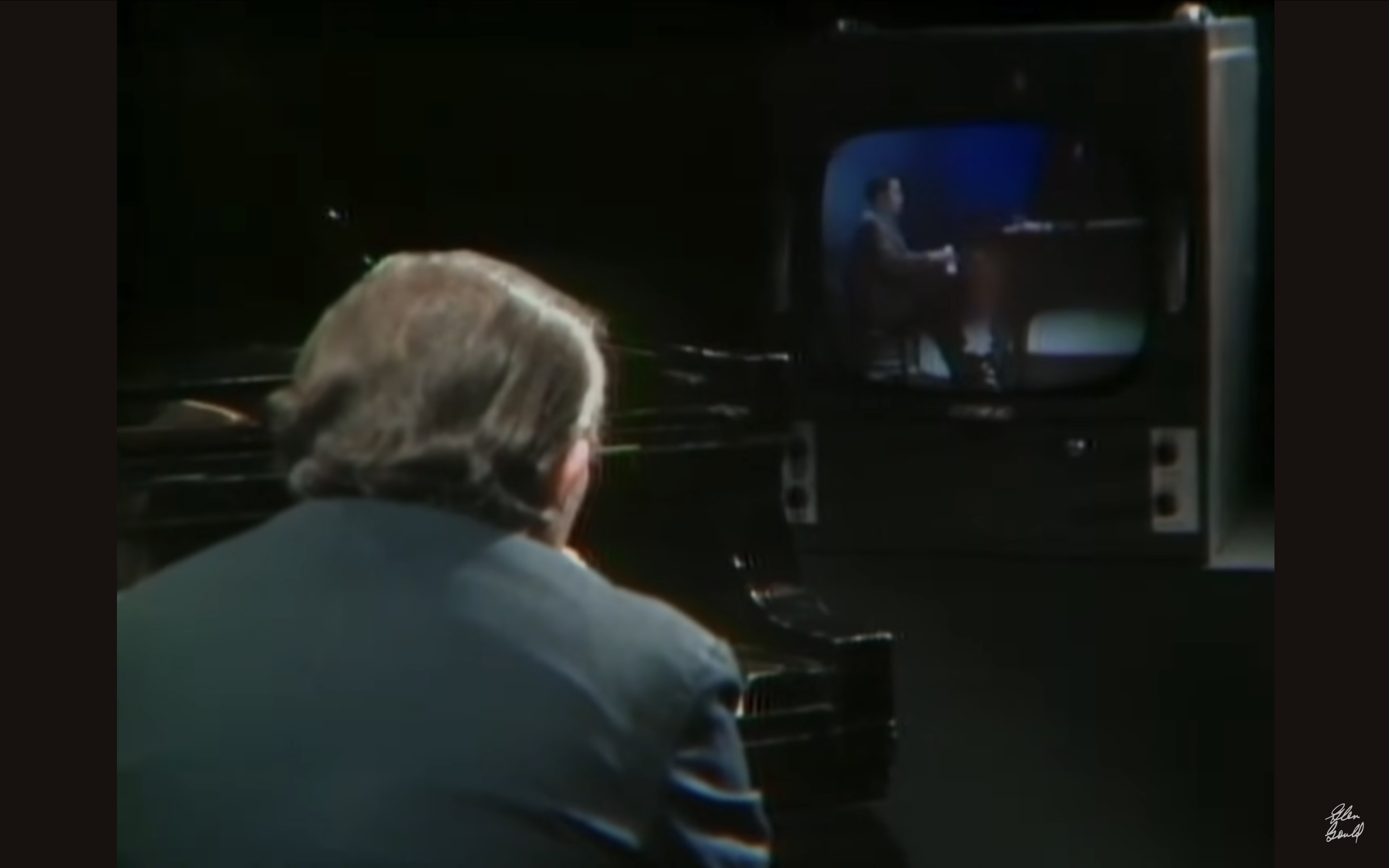Glenn’s commentary on Mozart (How Mozart Became a Bad Composer) is inspiring, even beyond its musical context.
Glenn is an original thinker—eloquent and masterful—yet he didn’t spend a single moment making his audience’s experience easier. The speed of his thoughts, the density of his information, and the impromptu free flow of his words were mesmerizing, even as he buried his argument beneath layers of complex ideas. Though Glenn seemed to critique Mozart harshly, beneath the surface of his sharp words and seemingly scathing remarks lay a deep respect for Mozart’s genius. His solid musical foundation was unmistakable, and though not explicitly stated, his exceptionally high regard for Mozart as one of the greatest composers shone through.

One particularly telling moment was Glenn’s willingness to poke fun at himself by embodying an alternate persona—a frumpy, sweater-clad professor—through a video feed. While pointing out the clichés in Mozart’s C Minor Concerto, he also infused his analysis with an appreciation for Mozart’s artistry, even in the midst of tonal, chordal, and modulatory imperfections.
Today it feels almost luxurious to spend so much time and thought on a single opinion—especially one that might be unpopular. Attention has become so scarce that people expect you to make your point instantly, catering to ever-shortening attention spans. This explains the rise of hashtags, hyperbolic headlines, and the broader popularity of simplified contents in TED talks, podcasts, and YouTube videos. They favor concise, easily digestible ideas rather than in-depth elaboration that could add more value. Even academic papers today tend to favor straightforward storytelling over complexity.
From a modern perspective, Glenn Gould probably wouldn’t have been very successful on Twitter. His arguments demand patience and engagement. He expected his listeners to follow his train of thought to its logical conclusion rather than skim the title of his lecture and leave an outraged comment.
reference
The Unpopular Opinions of Glenn Gould or “How Mozart Became a Bad Composer”. 2020, Cait Miller. https://blogs.loc.gov/music/2020/04/the-unpopular-opinions-of-glenn-gould-or-how-mozart-became-a-bad-composer/